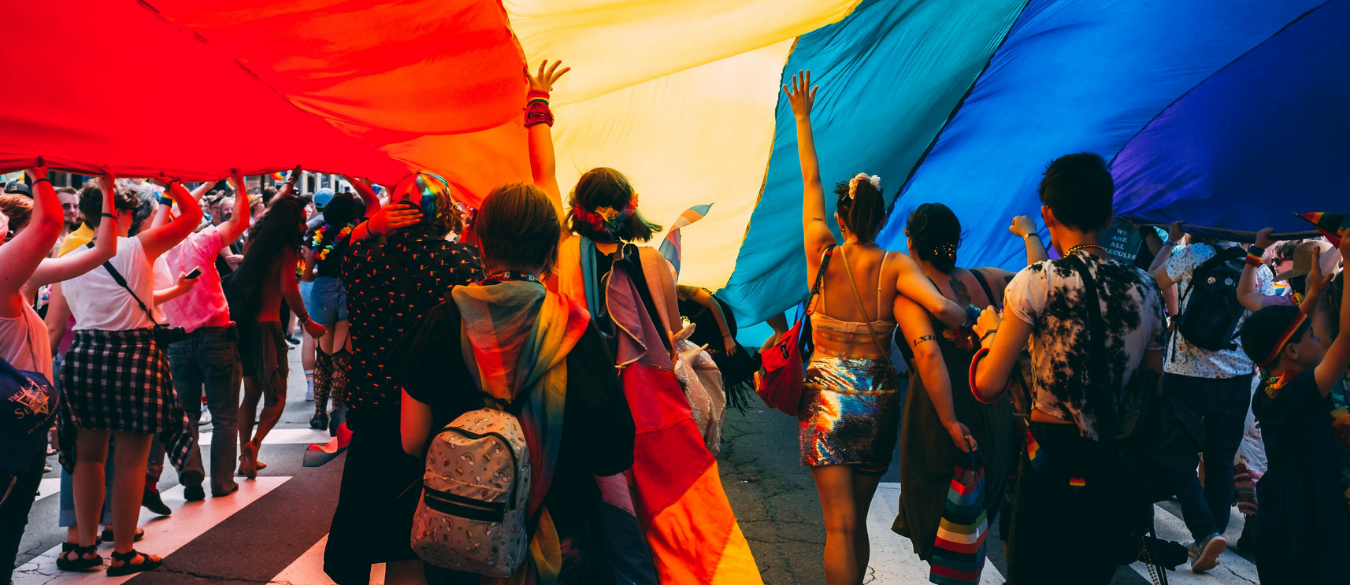LGBTI-phobia: resources to identify and prevent it
Subject: Multidisciplinary
Content relevant to detecting, combatting and preventing discrimination or violence towards LGBTI people.
The latest survey conducted by the European Union Agency for Fundamental Rights on LGBTI equality revealed that 2 in 5 participants – out of a total of 140,000 – stated they had been insulted, threatened or harassed in the last year. The figure is even higher amongst interviewees aged 15 to 17, standing at 47%. This means that LGBTI-phobia is still part of everyday life for many people who are forced to deal with discrimination based solely on their gender identity or sexual orientation.
To celebrate International LGBTI Pride Day we have prepared the library guide Combatting LGBTI-phobia with content to help you recognize and stand up to this type of discrimination.
It also includes protocols, guides, good practices and educational materials to raise awareness about this subject for teachers, students, workers and communicators.
Stopping LGBTI-phobia
The library guide provides resources to recognize LGBTI discrimination and how it is manifested in the form of attacks, threats, intimidation, insults or signs of contempt and rejection. It offers interesting links to guides for people who have been the target of such situations, as well as information for professionals working in services dealing with victims.
We have also provided a selection of organizations that monitor the current state of discrimination, homophobia, biphobia and transphobia.
Addressing diversity in the classroom
The library guide includes training guides and materials designed for all stages of education to allow teachers to include sexual and gender diversity in the programme of study and foster respect in relation to people's sexual orientation, body diversity, affective diversity, gender identity and gender expression. Their aim is to contribute to creating a safe, supportive environment for LGBTI young people.
Rethinking communication
The media may promote stereotypes or echo widespread beliefs that contribute to fomenting LGBTI-phobia. We have provided a series of manuals to allow communications professionals to detect and overcome prejudices in the information they present and to show different social realities.
Guaranteeing rights at work
According to the European survey on LGBTI equality, 21% of participants have felt discriminated against in the workplace, and in the case of trans people the figure is 36%. This library guide contains a section on protocols and actions that companies can adopt to overcome obstacles to achieving equality.
The UOC's actions
The final section of the guide offers the protocols produced by various institutions on this subject, from universities to city councils, including the UOC's protocol to eradicate violence arising from discrimination based on sex, gender identity and sexual orientation.
The UOC has recently become part of the Universities for Diversity Network (RUD), Spain's first interuniversity network aimed at addressing discrimination against LGBTI people in higher education, which now encompasses 25 universities. The university has also organized the course Diversitat LGBTI: una oportunitat per millorar l'entorn laboral (LGBTI diversity: a chance to improve our working environment) in order to help detect possible situations that, actively or passively, may lead to discrimination both within the organization (between employees) and in relation to external parties, such as students and suppliers.
Read more about International LGBTI Pride Day.
Experts
Mireia Castillón
Operative subgroup: Law and Political Science resource manager, vocational training, gender perspective Operative group: Library for Learning


